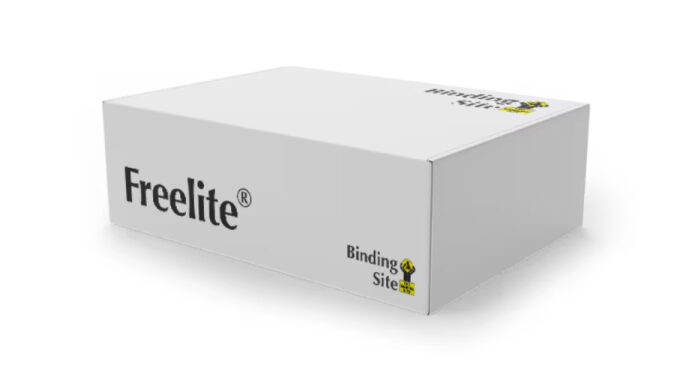BIRMINGHAM, England– Thermo Fisher Scientific Inc., the world leader in serving science, today announced it has been 510k cleared, following US Food and Drug Administration (FDA) requirements, to market its Optilite® Freelite® assays’ claim for the evaluation of monoclonal gammopathy of undetermined significance (MGUS).
MGUS affects an estimated 3% of the U.S. population over 50 and is a lifelong condition where abnormal monoclonal proteins are found in a patient’s blood.1 Once identified, it is important to continually evaluate the monoclonal protein, including serum free light chain serum concentrations as, rarely, the disorder progresses to Multiple Myeloma and other monoclonal gammopathies such as light chain amyloidosis or lymphoproliferative disorders such as Waldenström’s macroglobulinemia.2
Alongside other laboratory tests, Freelite assays are used as part of a workflow for diagnosing and monitoring monoclonal gammopathies. The assays provide healthcare professionals with a highly sensitive and accurate way to measure kappa and lambda free light chains (FLC) in serum, enabling the identification of even small concentrations of monoclonal FLC proteins in patients undetectable by serum protein electrophoresis.
“Our easy-to-use Freelite assays are trusted by healthcare professionals globally, and with the new claim, and as a key part of laboratory diagnostics tools, we can help healthcare providers continually evaluate patients with MGUS, which is important to understand the disorder and the progression to pathological malignancies,” said Hamid Erfanian, Vice President and General Manager, Protein Diagnostics, Thermo Fisher Scientific. “Earlier identification of MGUS will enable more effective monitoring of disease progression and need for treatment, ultimately improving patient outcomes.”
Freelite assays previously received 510k clearance, following US Food and Drug Administration (FDA) requirements, for the diagnosis and monitoring of multiple myeloma, lymphocytic neoplasms, Waldenström’s macroglobulinemia, AL amyloidosis, light chain deposition disease and connective tissue diseases such as systemic lupus erythematosus (SLE). These assays were the first commercially available FLC tests and are currently the test of choice in over 1,000 laboratories worldwide, including some of the largest multiple myeloma centers.


